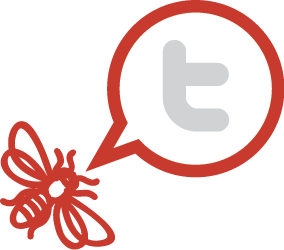Often, we spend a great deal of time thinking about, designing, and producing a poster, but forget to think about what we are going to say at the poster session itself. In fact, an effective poster is simply an informative visual aid, an information-rich backdrop for what should be a series of energetic conversations.
To that end, once you have figured out your message, develop and then practice a 30-second introduction to your poster that explains your research, why it is important, and what you found. Then, if you have time, prepare and practice a longer, 1-2 minute description of the research and its key details. And don’t forget to think about some leading questions you might ask a viewer to begin a conversation and prompt their interest in your work.
Here are some questions that can help you as you construct these brief poster talks:
- Who are you talking to? You should already have a sense of your audience from developing your poster strategy, but think again about who you are trying to engage. How familiar are they with your subject matter? What are their biases/interests? How can you connect your topic to what they care about?
- Remember your message! In preparing your talk, hone the 1-2 key messages or take-aways from your poster/research. Avoid jargon or acronyms that your listener may not know or understand.
- If possible, make it personal. At a poster session, it is not just about the science. It is a face-to-face, personal engagement. Relating a relevant biographical note or a crisp anecdote that points to why you were led to this research may be an effective way to connect with people at the session.
- Try to tell a story. Similarly, a short (say 10-15 second) story about a person involved in your research can go a long way toward getting your message across. It will shrink the rest of your poster talk, but you may be surprised by how much information can be carried in a narrative.
- Practice. Then practice some more. Try your poster talk with a colleague or friend (preferably someone not too familiar with your work). Consider recording your poster talk and reviewing it to fine-tune the content as well as your delivery.
Remember: The best descriptions leave the listener wanting more. If you succeed with your 30-second poster talk, you’ll likely have time for the 1-2 minute presentation. After you take a breath or encourage a question, you’ll likely have the opportunity to elaborate on your work.

